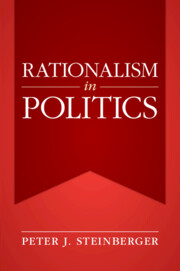The mainstream democratic critique of EU law rejects the argument that standard EU citizenship rights have a democracy-enhancing effect within the EU Member States. This Article shows how the democratic critique can benefit from a critique of critique that is missing in the discussion on the democratic effects of EU law. From this perspective, the Article makes an original contribution to critical EU legal studies at three levels. First, the critique of essentialist binary oppositions revisits what is political in the interests protected under EU citizenship rights. Second, the Article demonstrates how an Arendtian theory of political judgment counteracts the mainstream democratic critique in assessing the effects of EU citizenship law on democratic politics. Finally, reopening the question of what the conditions for democracy are translates into a methodological argument that rejectionist critique must yield to a more developed critical methodology in EU legal studies.


